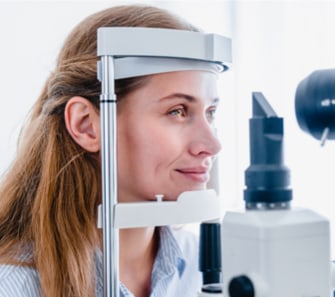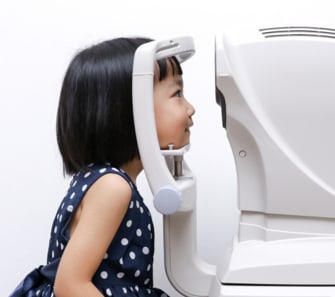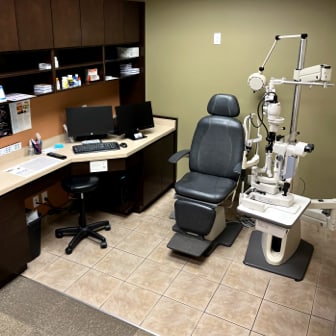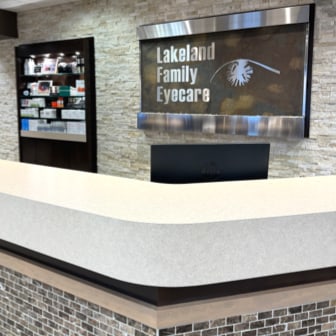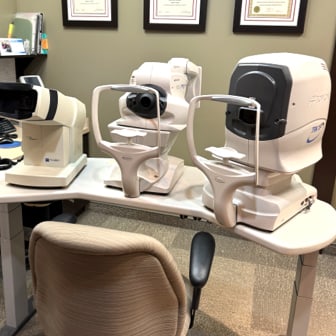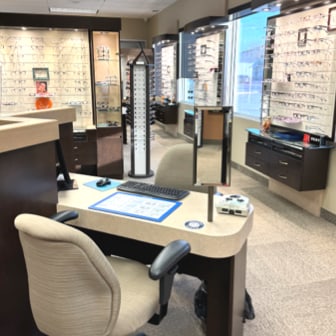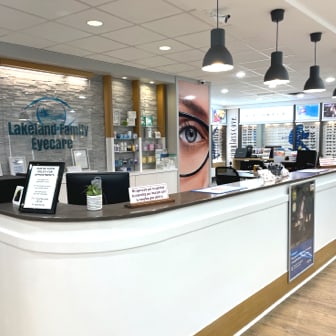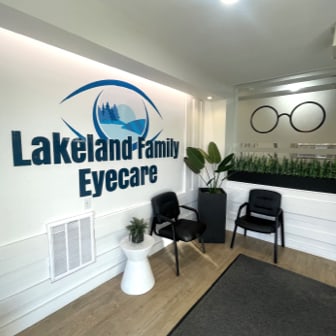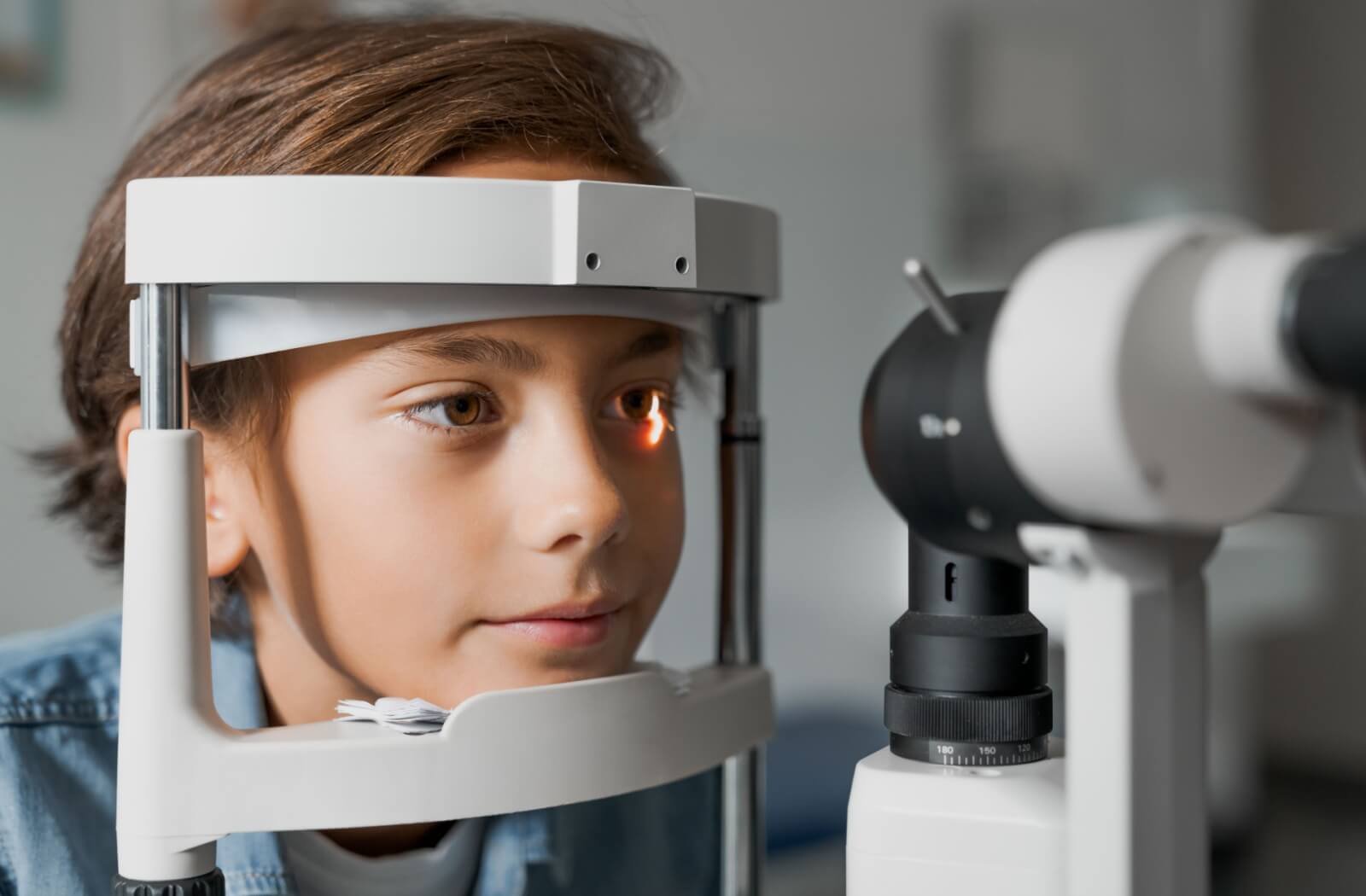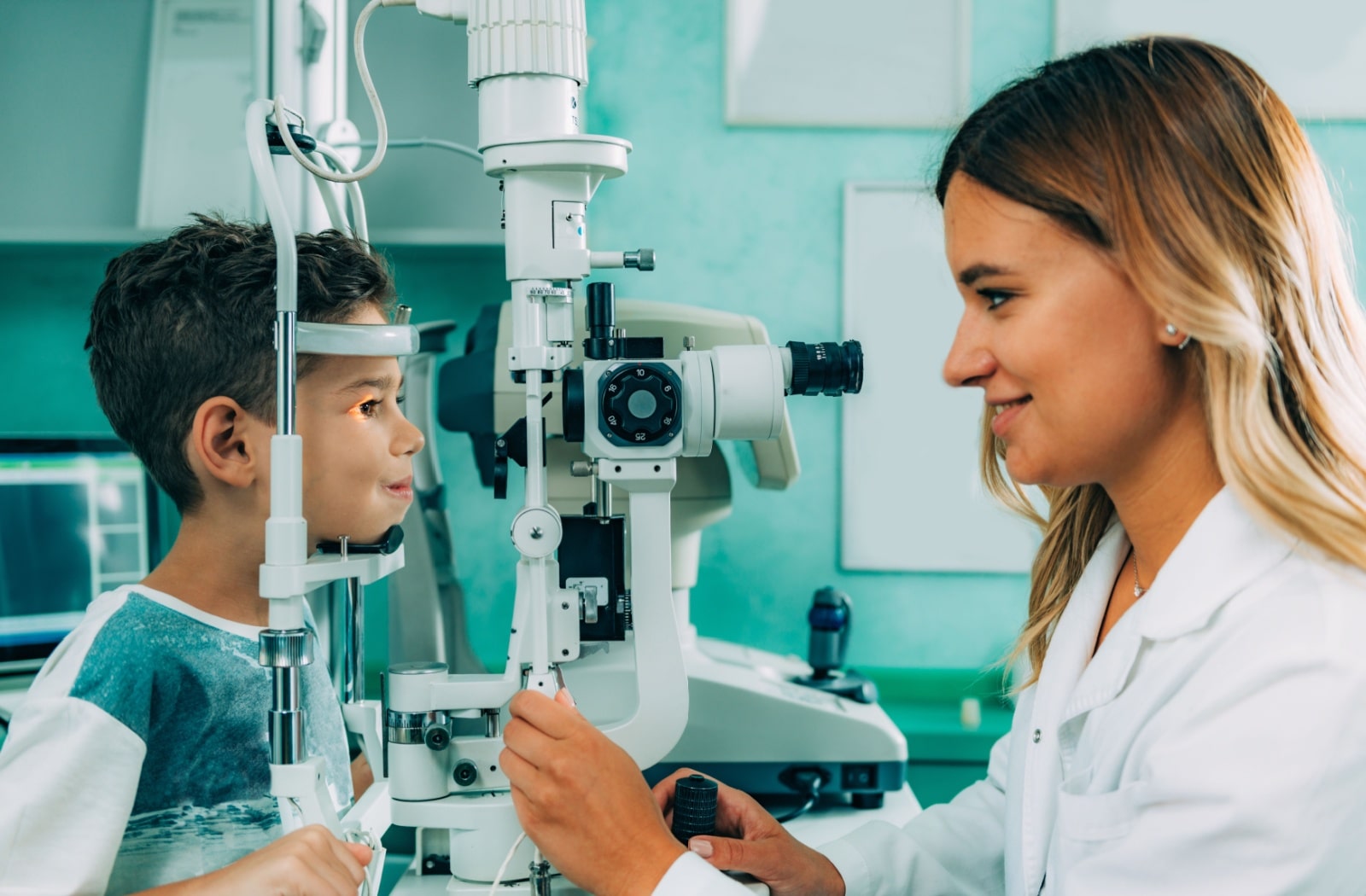We understand that as parents, especially new parents with their first child, it is easy to overthink and overreact when it comes to our children. Parenthood is full of constant new experiences, and we are bombarded by articles, videos, and other media telling us the importance of this check-up or that exam.
We get it.
This article will provide some clarity regarding your child’s eyesight. Assess your child for the three areas below and bring them in for an eye exam6 if they are showing signs of a developing eye problem.
YOUNG EYES
It is good that you are being proactive regarding your baby’s eye health. Babies learn to see as they experience new things (much like walking and talking). As such, they must learn the ability to focus their eyes, move them accurately, and use them together as a team.
That’s why it is difficult for parents to determine whether or not their baby has trouble seeing. Of course, a baby cannot tell you if they have a vision problem, making it important for you to look for these three signs:
Minimal Interest in Their Surroundings
As a baby, we are curious and want to explore, feel, taste and see everything. A major alert for parents is if their child has little interest in their surroundings.
A young baby should be especially interested in your face, giving you precious smiles quite frequently. An eye problem could cause a child to lose interest in their environment.
More specifically, refractive errors such as nearsightedness or farsightedness could be the cause for lack of interest. Refractive errors can be present at any age and can be treated with corrective lenses (glasses or contacts).
Strabismus and Amblyopia
Around the age of three months old your baby’s eyes will begin to work as a team and provide three-dimensional vision. At this age, a child with strabismus may have misaligned eyes most of the time.
Although it is normal for eyes to appear crossed when looking at things close-up, a baby’s eyes should not appear to be misaligned for distant objects. For more common signs and symptoms of strabismus, click here.
Over time the brain begins to ignore the input from the eye that is not straight. This can develop into reduced vision in that eye, known as amblyopia.
White and Yellow Spots in The Pupils
Although extremely rare, parents may notice white or yellow spots in the pupils of their baby’s eye. If noticed, our optometrist should be notified immediately.
White and yellow spots in the pupils may be a sign of a cataract or cancer of the eye. The earlier it is detected, the better.
YOUR BABY’S FIRST EYE EXAM
Your child should have their first eye exam when they are around six months old, and another eye exam before they enter preschool.
If you notice any of the signs listed above, especially white or yellow spots in the pupil, schedule your baby for an eye examination. Our optometrists are equipped and trained to provide outstanding service for both you, and your child, in a friendly manner.
Locations
With locations in Bonnyville and St. Paul, Lakeland Family Eyecare has been serving the Alberta population since 1998 with world class eye care. Stop by to ensure both you, and your family, are seeing the beautiful Albertan landscape as best you can.











